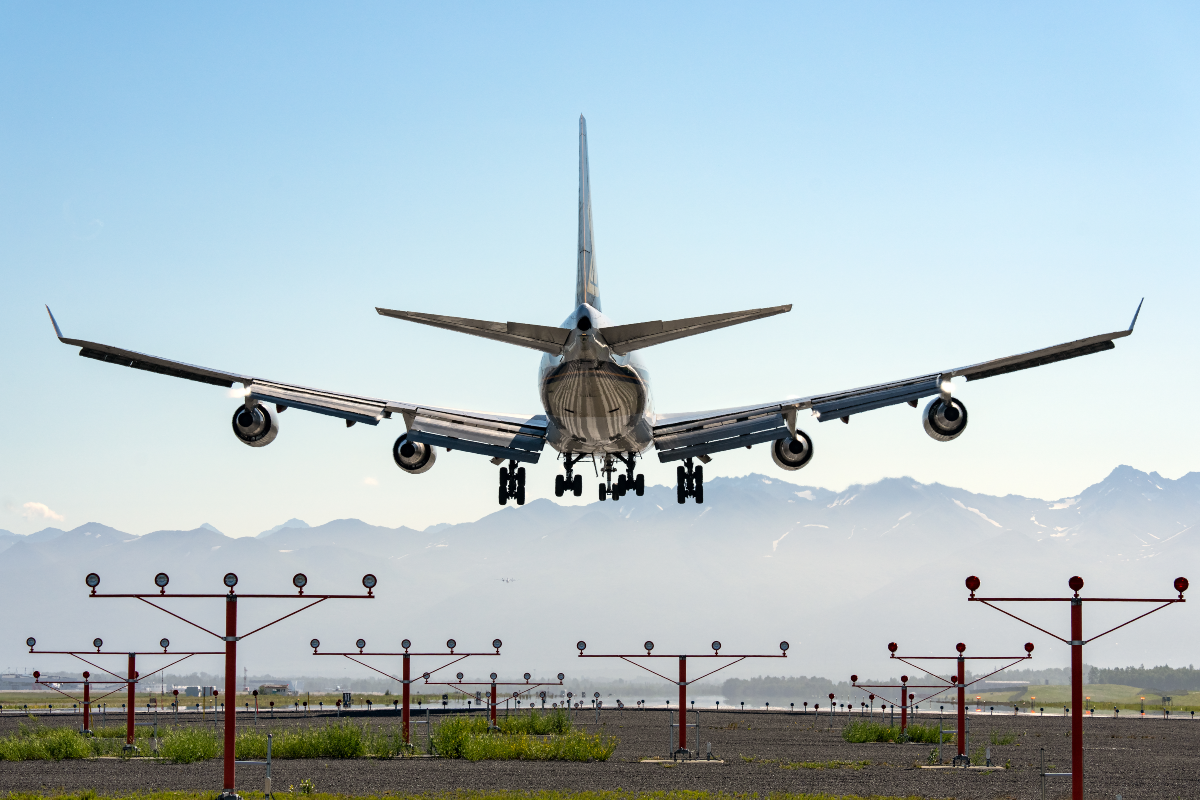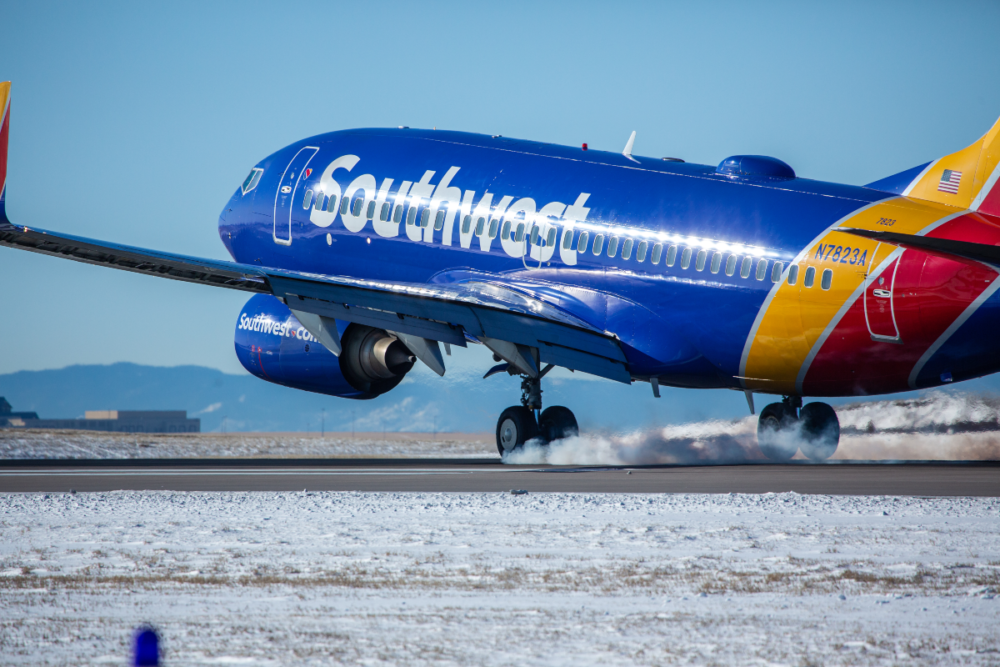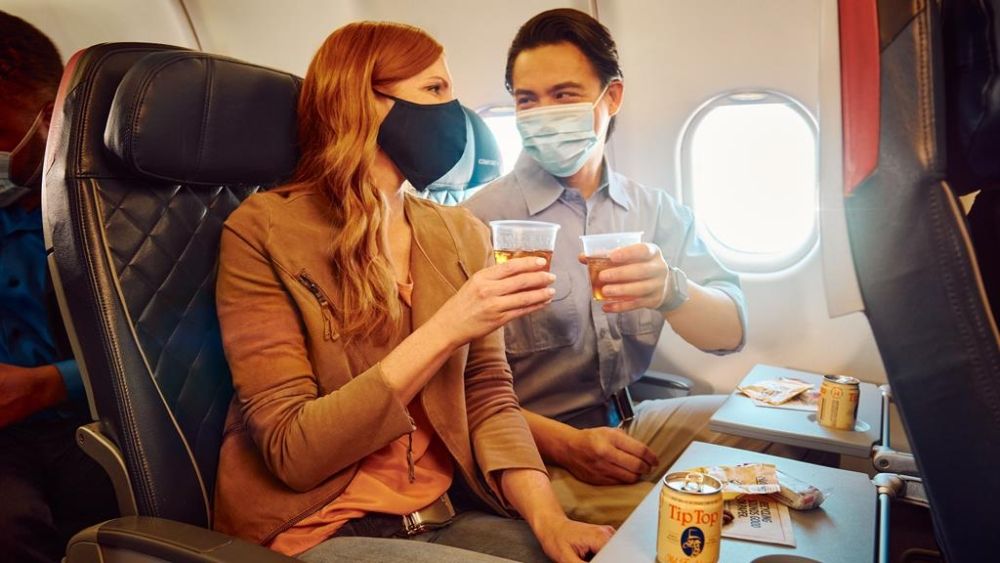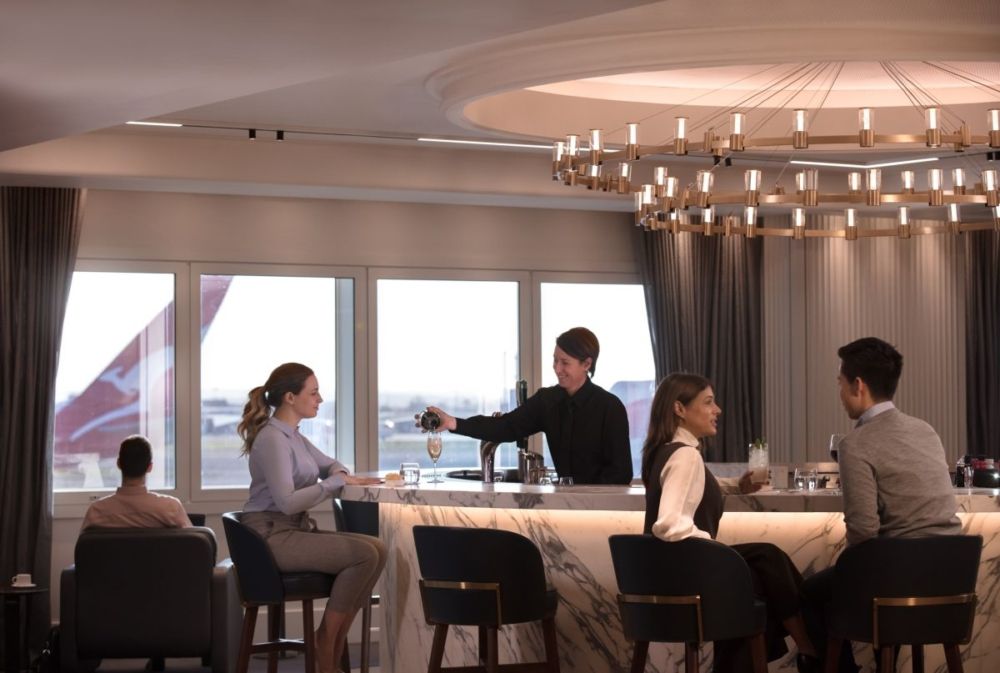As any regular flyer will tell you, alcohol and planes don't mix that well. A burst of publicity about alcohol-fuelled problems during flights has recently brought that to the fore. But for most full-service airlines, alcohol remains central to the inflight offering and always has been. Despite the problems inflight alcohol might cause, airlines are unlikely to put away the drinks cart anytime soon.
A spate of problems highlights the issues around inflight alcohol
Last week, Simple Flying reported on some rugby and soccer team members returning from the Olympics getting drunk and behaving badly on a Japan Airlines flight. There was loud singing, vomit, raided galley fridges, and a lot of adverse publicity after the nine-hour flight. Japan Airlines went on to file a formal written complaint.
In the United States, a Frontier Airlines passenger was recently duct-taped to his seat after assaulting and abusing flight attendants. He was reportedly drunk.
The spate of inflight incidents has caused some United States-based airlines to stop serving alcohol on domestic flights. Two of the highest-profile airlines to do so include Southwest Airlines and American Airlines. They attribute the decision to a spike in alcohol-related bad behavior.
Interestingly, American Airlines has only stopped serving alcohol in domestic economy class cabins. As a single-class airline, Southwest didn't need to make any such distinction.
Stay informed: Sign up for our daily and weekly aviation news digests.
Alcohol long tied into the brand messaging for most airlines
Any regular flyer will tell you that passengers drinking too much and behaving like asses isn't a 2021 phenomenon. It isn't an exclusively economy class problem either. For all the hullabaloo about alcohol and flying, serving (frequently complimentary ) alcohol to passengers is key to most airline branding. And that's not a new thing either. It dates back eighty years, when flying was glamorous, and the inflight service was a key part of that glamor.
Travel downturn aside, more people than ever are flying. More most, the glamor aspect is long gone, but the culture of serving alcohol inflight continues like a mid-20th-century hangover.
If you look on the website of any full-service airline (or even the websites of many low-cost airlines trying to pump up their own inflight service tires), there is often the snap of a well-groomed and content passenger enjoying a glass of wine inflight.
If you are a premium cabin passenger on any full-service airline, alcohol is always complimentary. The free drinks usually extend into the frequent flyer lounges. Some airlines advertise champagne bars, top-shelf spirits, and bespoke cocktails. United Airlines recently attempted to engage the public with a competition to pick what flavor of alcoholic seltzer they would start serving on domestic flights.
It's not a United States-centric issue either. Indeed, outside the United States, their airlines have a reputation for a certain stinginess regarding the quality and quantity of alcohol served.
Is inflight alcohol consumption the airline's responsibility or yours?
With messaging about alcohol so deeply embedded in the inflight product of most airlines, turning around and complaining about the consequences is ironic. While airlines could wind back the amount of alcohol-focused marketing they do, ultimately, it's all about personal responsibility.
Increasingly crowded planes and a more mobile population also contribute to the problem. Dirt cheap fares attract a wider clientele. But first-time flyer or not, not getting smashed and abusing the flight attendant isn't just a social norm learned after 100 flights; it is something any half housed trained person knows not to do.
Before the jet age, flying was very much the preserve of the financially well-off. It was an elitist thing to do, complete with elitist bells and whistles like superb inflight service. It helped build the reputations of legacy airlines, and those airlines have parleyed that ever since.
Except for premium cabin passengers, the jet age saw the end of elitism and flying. More people were flying from, and inflight service was curtailed, but the drinks cart stayed onboard.
Cultural changes as excess inflight drinking no longer celebrated
The badly behaved rugby and soccer played previously mentioned unearthed interesting stories of other sporting teams and inflight alcohol. Cricket folklore has two Australian cricketers, each drinking 44 cans of beer on a long-haul flight back to Australia in 1973. They just sat back and drank, there were no behavior issues (there were also no smartphones), and the flight attendants kept bring more cans.
Despite best attempts, that record went unbroken until 1989. On a flight between Sydney and London, another cricketer consumed 53 cans of beer, including 22 cans by Singapore. Again, no reports of bad behavior, and the cricketer went on to become a brand ambassador for that beer brand - as you do.
What's interesting is that the crew were in on the lark. When our London-bound man passed the 1973 record, the Captain of the Boeing 747 got on the PA system and announced it to the entire plane. Everyone applauded.
Skip forward 32 years, and that particular airline's crew would now cut off service long before the plane stopped over in Singapore. Instead of being applauded, the cricketer would probably be hounded out of the game.
A return to elitism for airlines when it comes to alcohol?
Conscious of legal liabilities and changing social expectations, airlines now sent mixed messages about alcohol. It's still there in the inflight service advertising, but it is skewed towards their better class of passengers. For everyone else, there is a whiff of puritanism about it. "You may have one or two drinks, but behave. If you don't, you get banned from the airline and end up on YouTube."
It is almost a return to the previous elitism, except now passengers are categorized and graded. The American Airlines policy is a good example of that. Up the front, it's complimentary drinks that start in the lounge before departure. Down the back, the 99.9% of economy class passengers who behave normally are infantilized.
You can argue it's that tiny sliver of the traveling public that cause problems for everyone else. Fine, but idiots fly first class too. Airlines don't ban alcohol in first class because someone got tanked on G&Ts and swore at the flight attendant.
What's the solution? Banning alcohol outright? Given alcohol is such an entrenched part of the inflight offering for most airlines, that is unlikely ever to happen. Perhaps the solution is better messaging about the consequences of bad inflight behavior, alcohol-related or not.
One American Airlines supervisor recently had the right idea when he swiftly deplaned a passenger who had abused gate staff. He suggested the passenger might feel more at home on a ULCC. It was unfair to the other airline, but it sent a clear message - behave, or we don't want you on our planes.
Do you have an opinion on this? Is the culture of alcohol on planes the problem, or do people need to accept responsibility for their own behavior? Post a comment and let us know.





